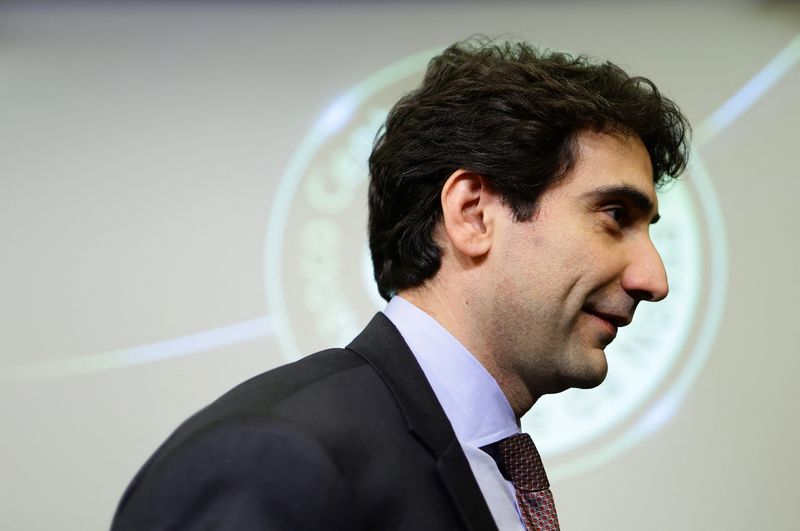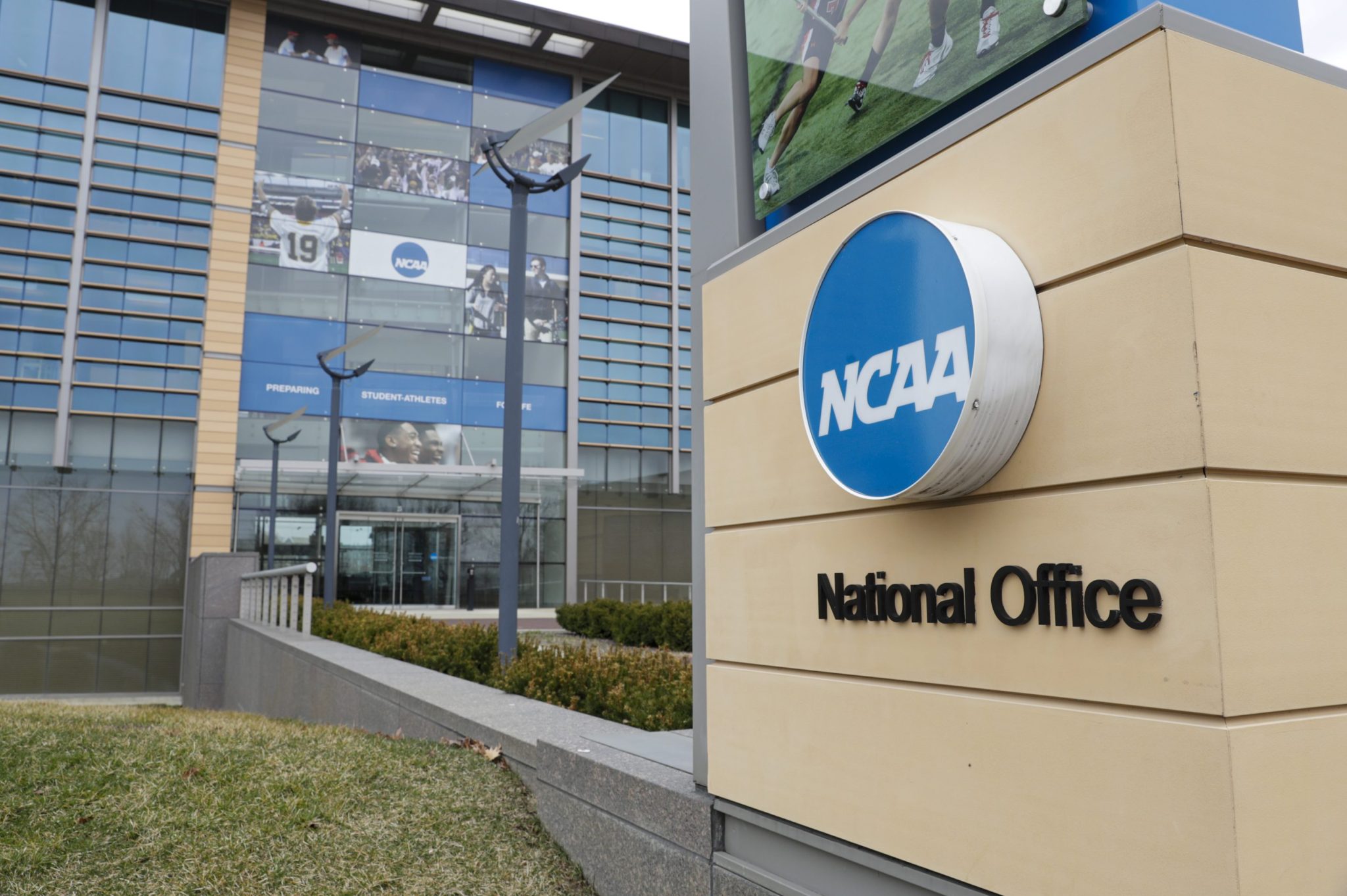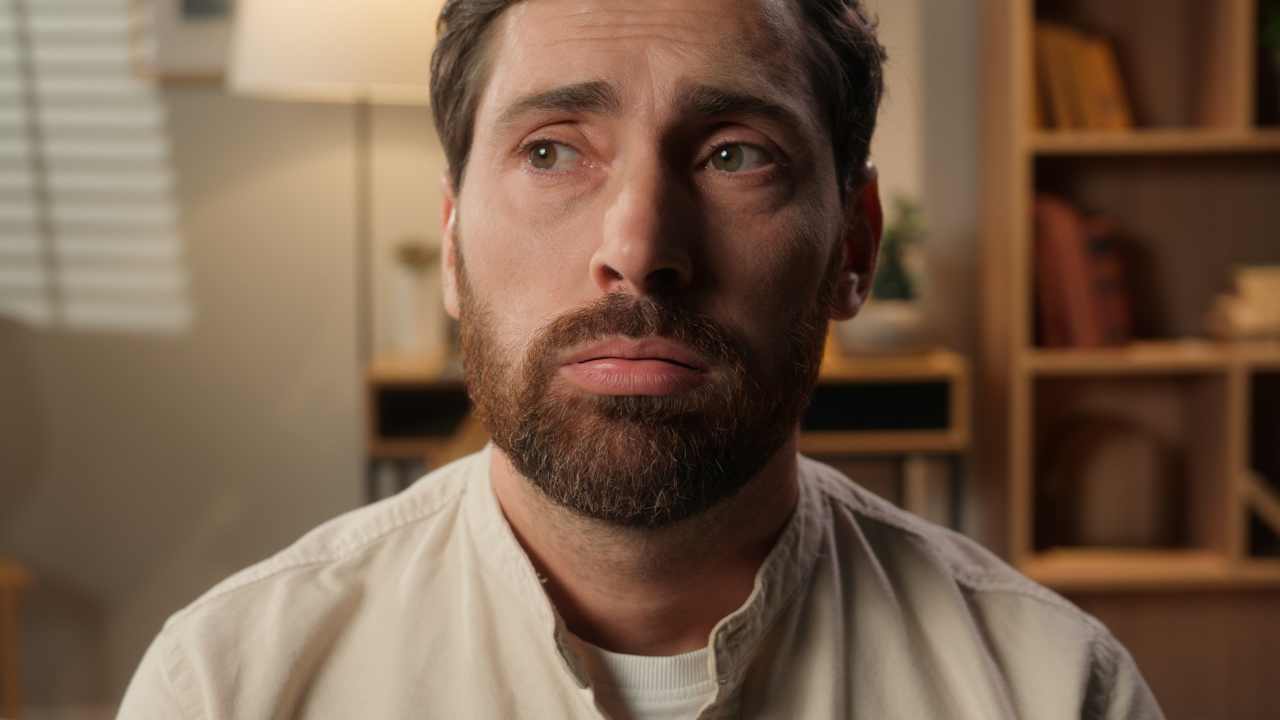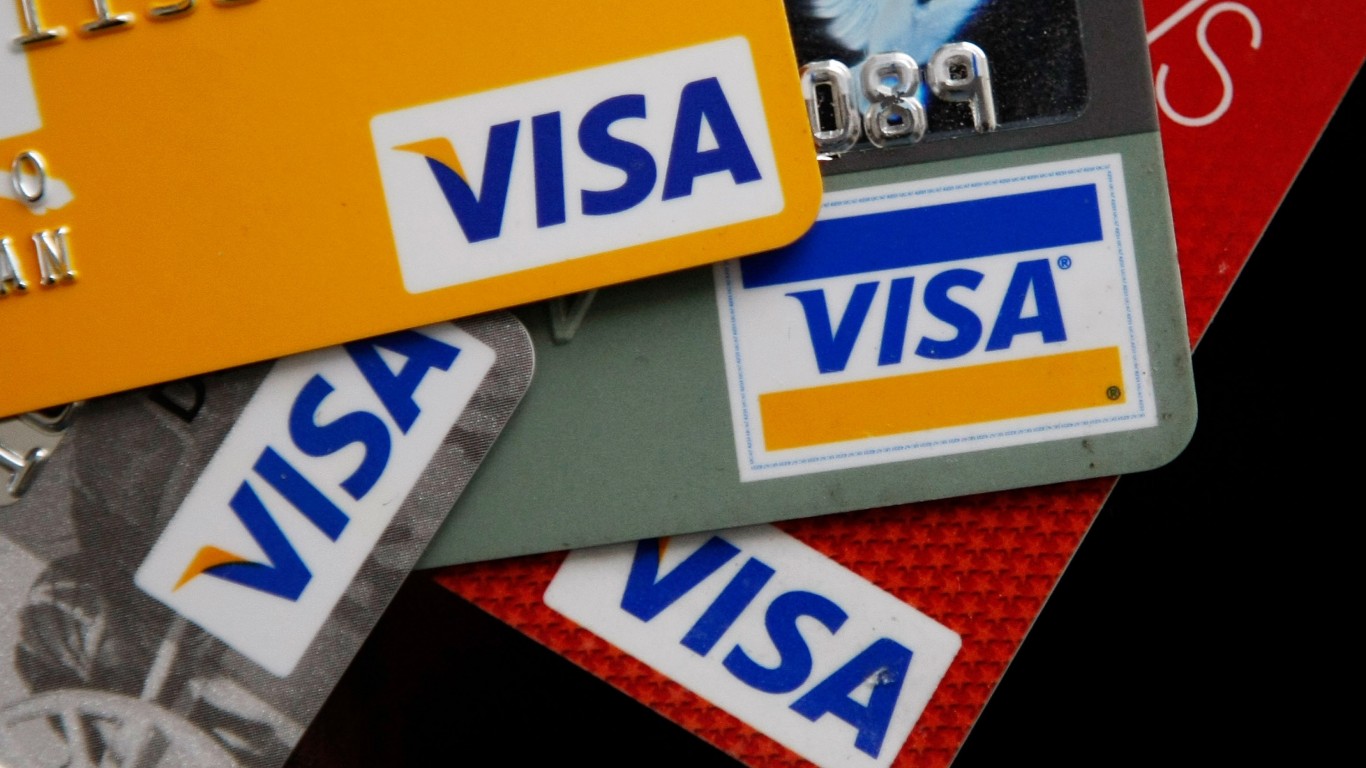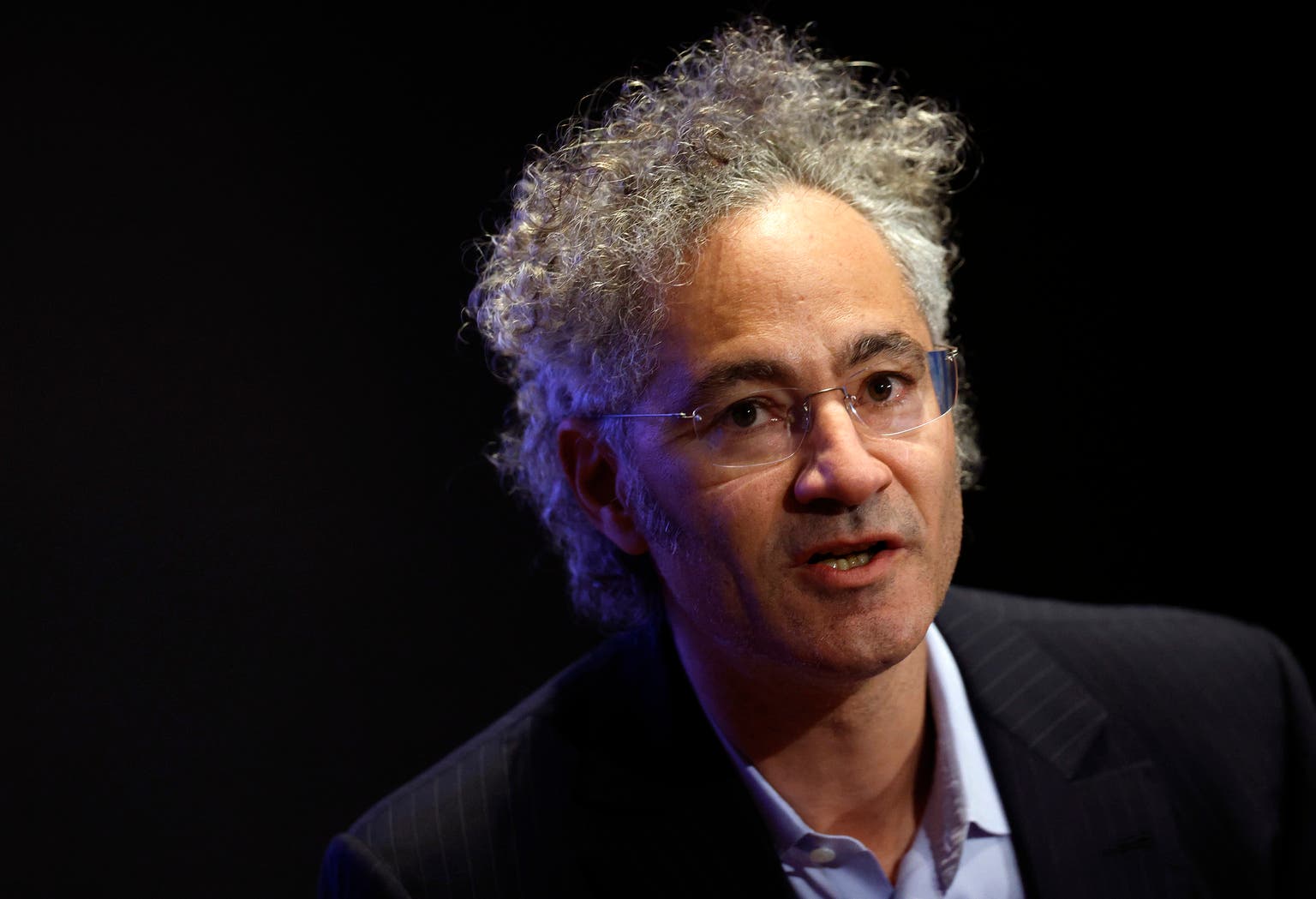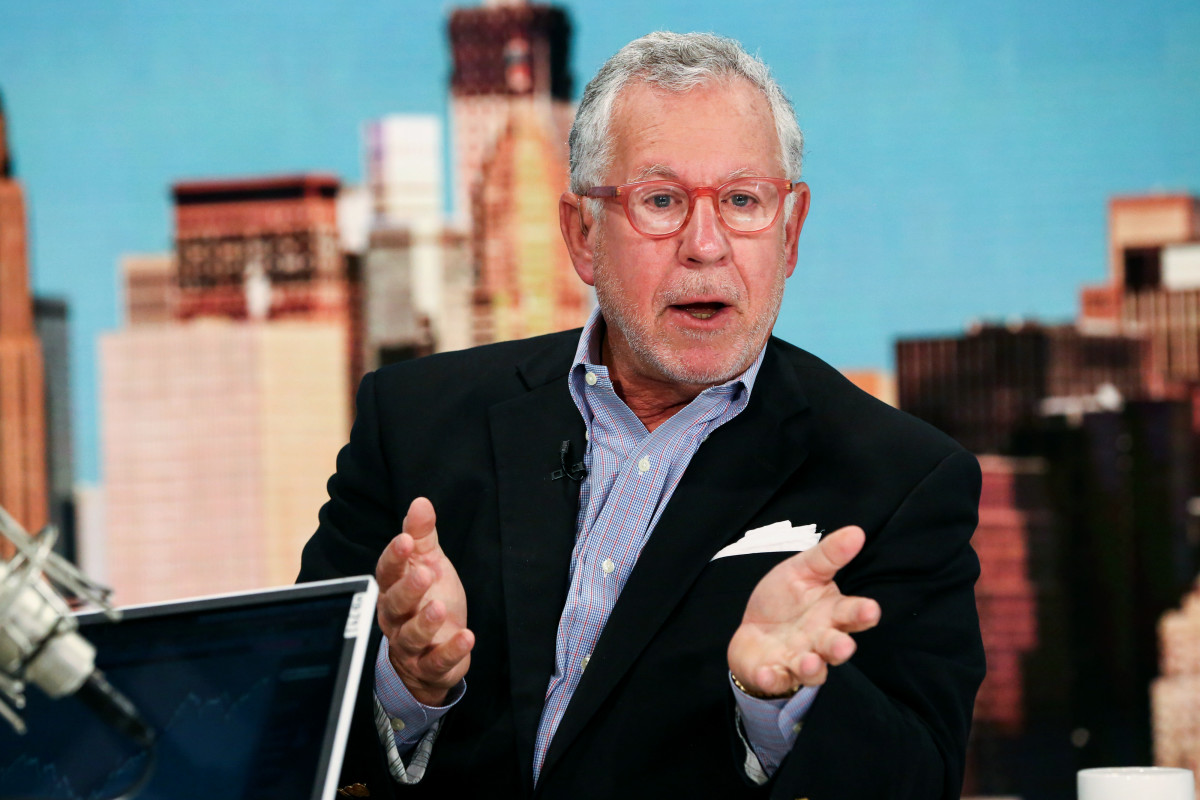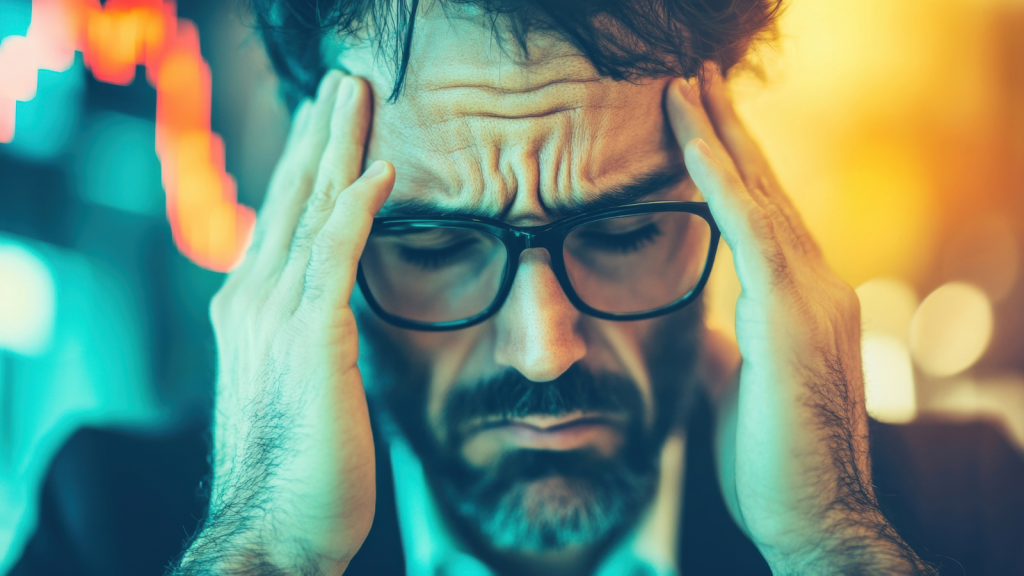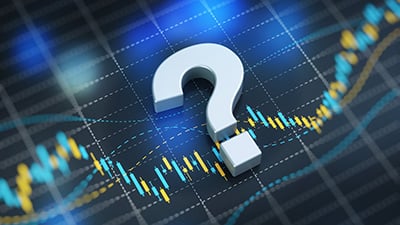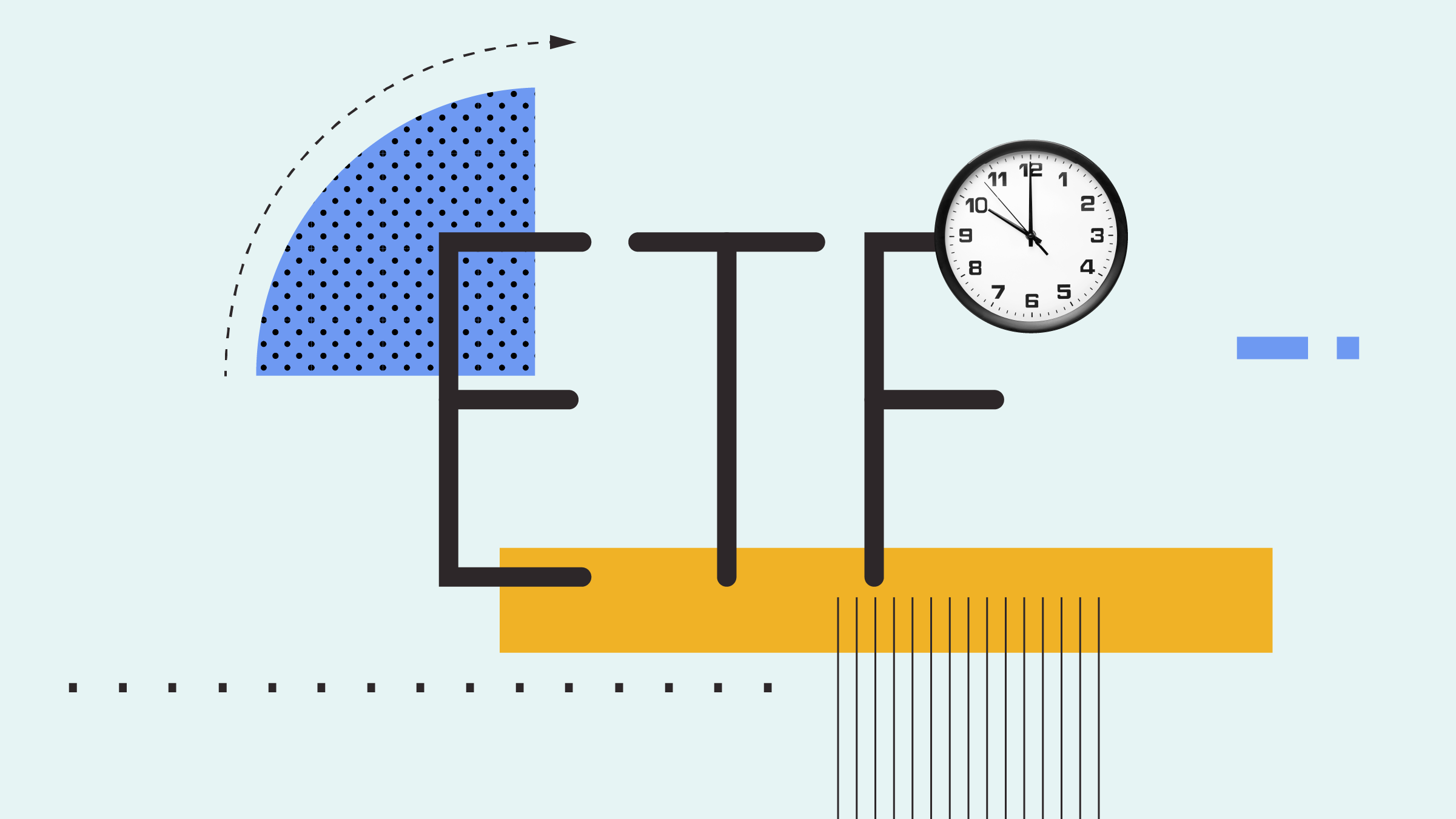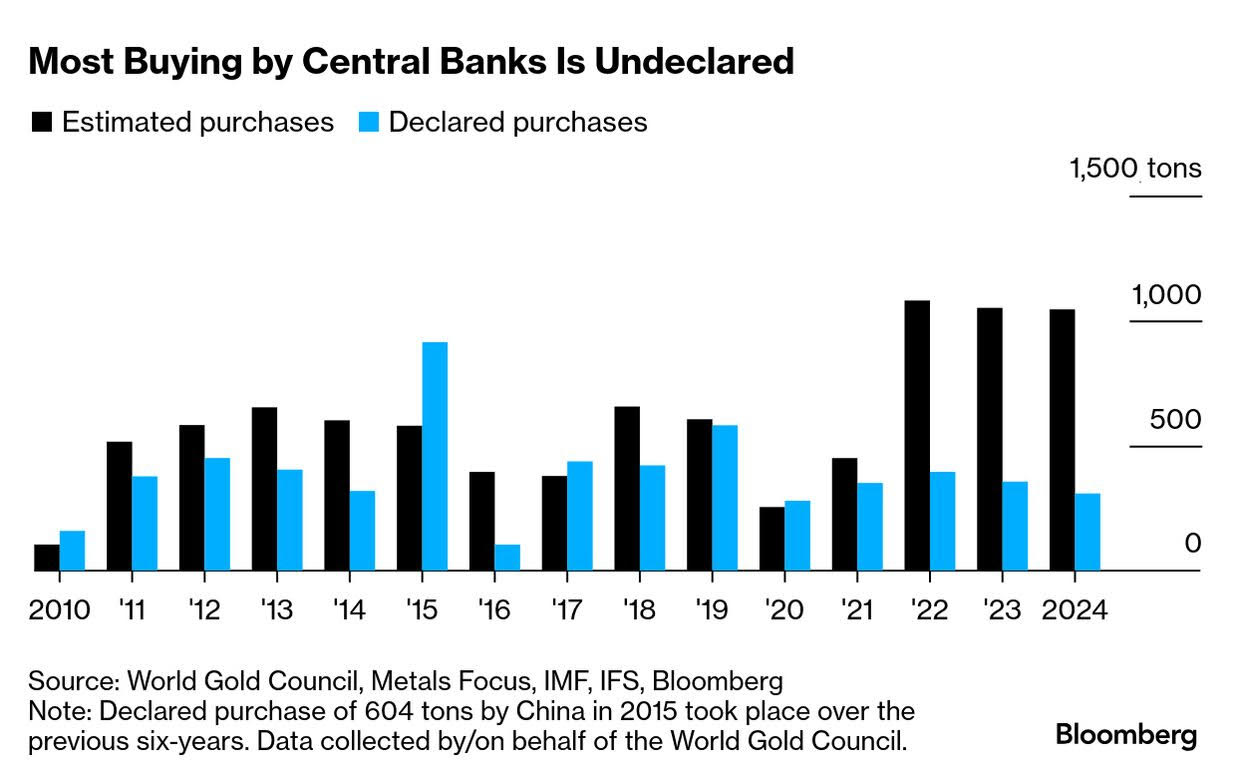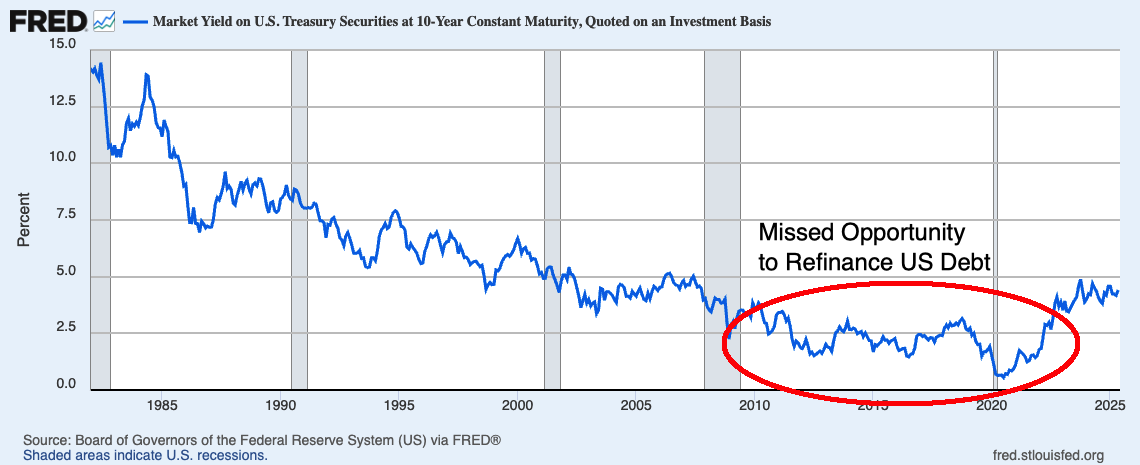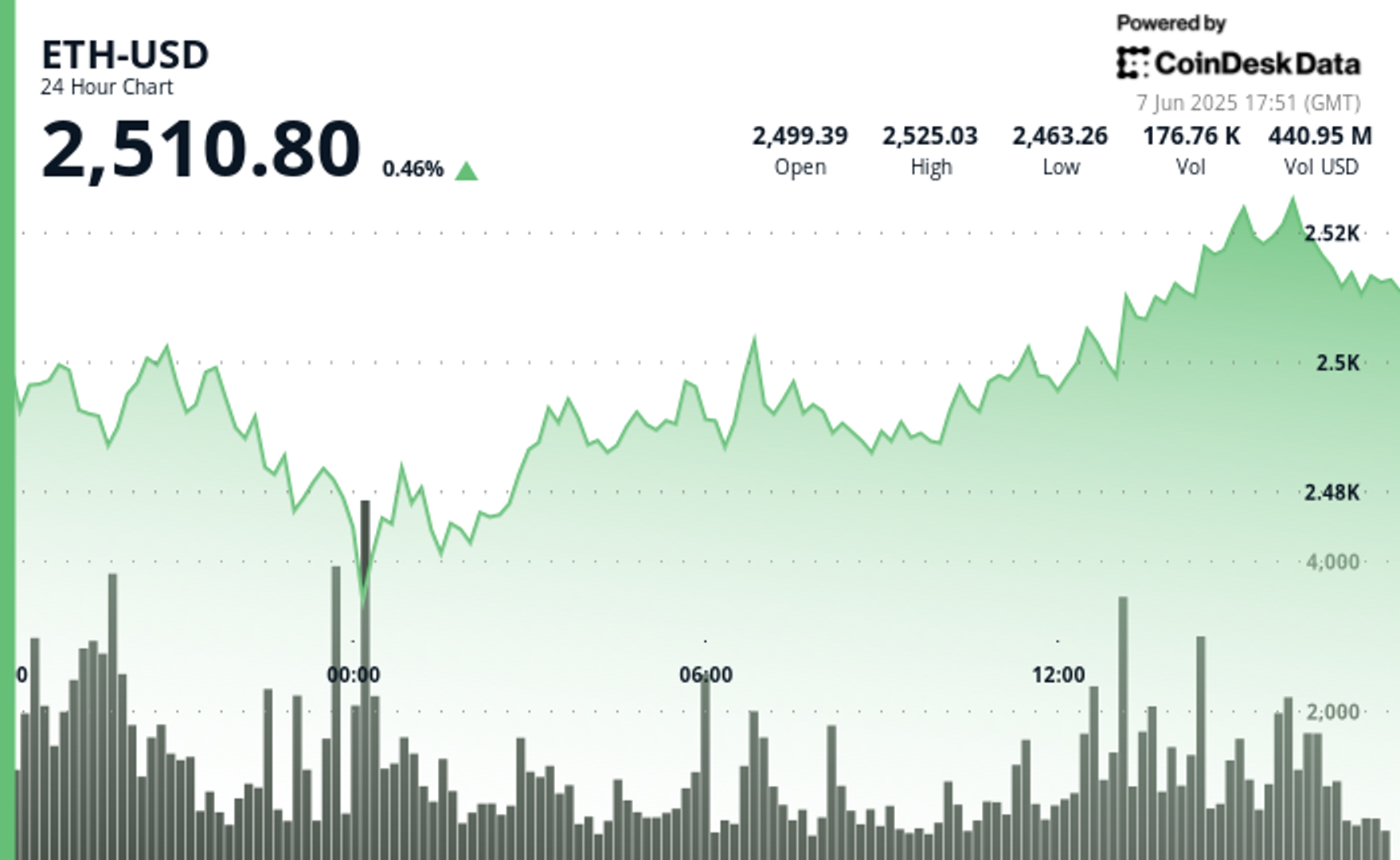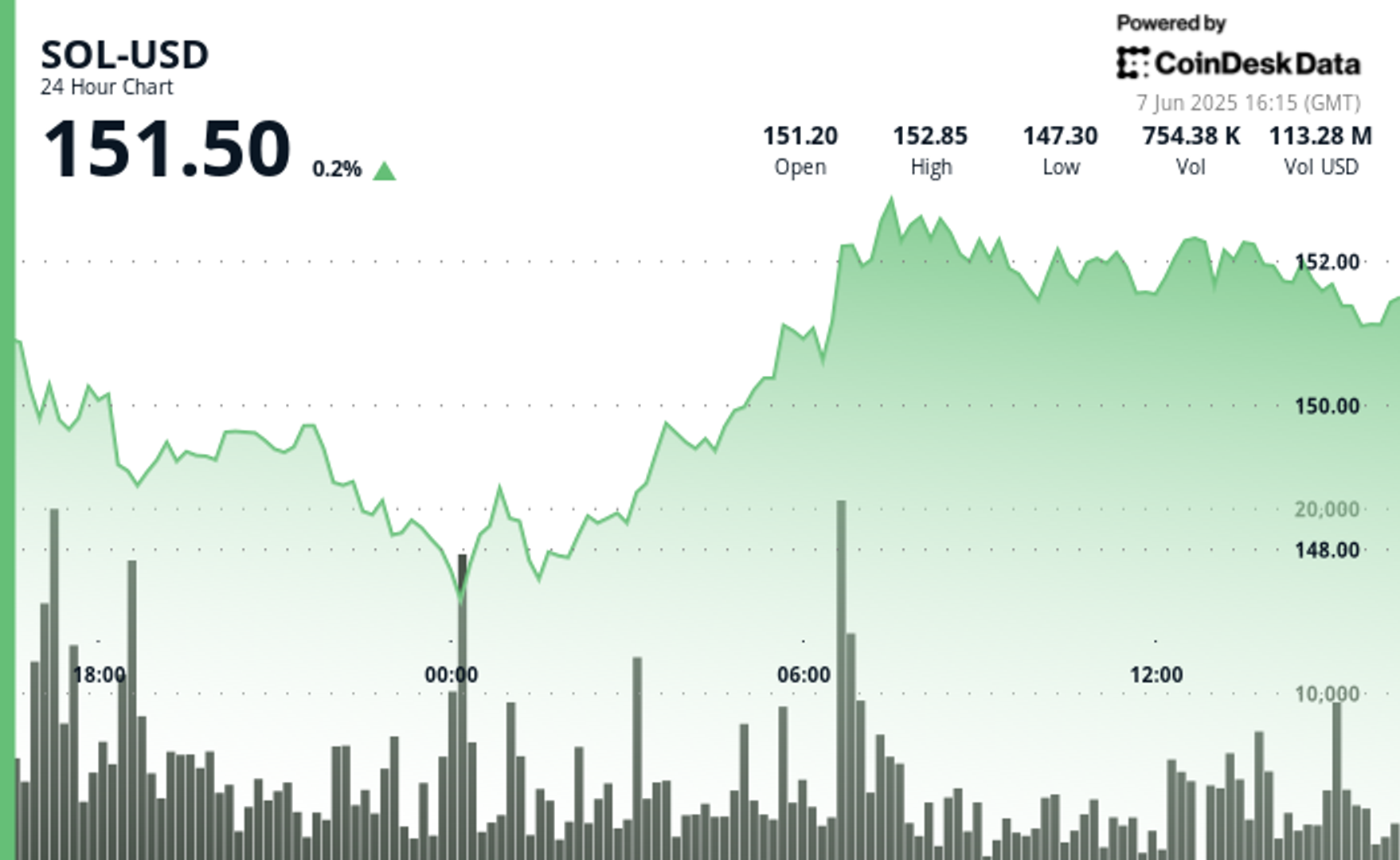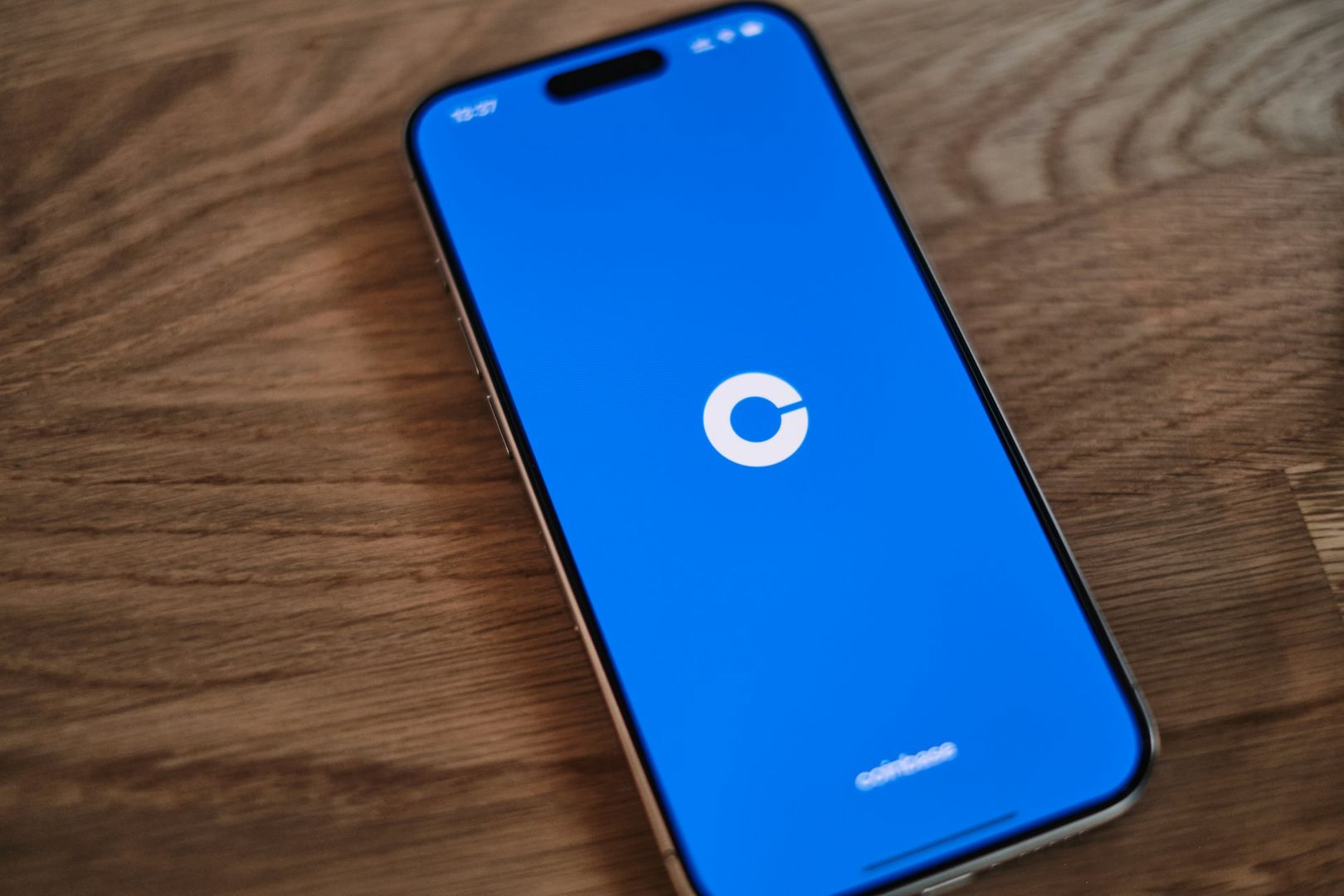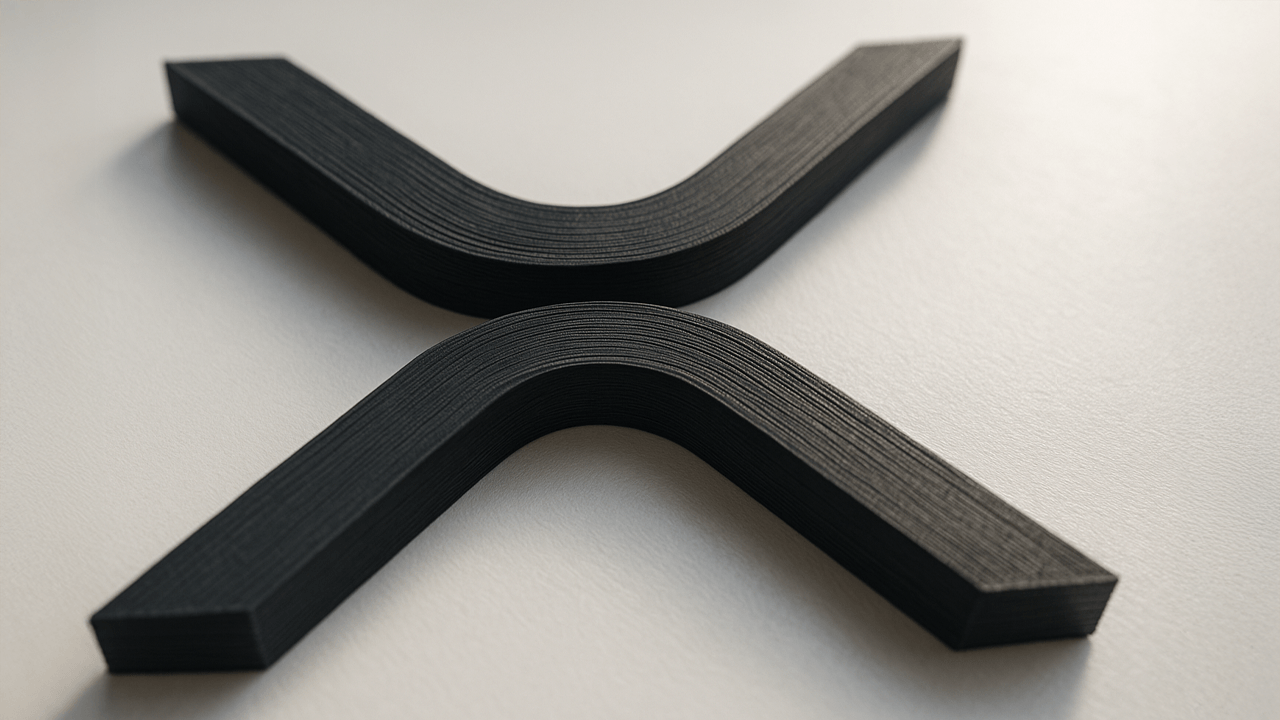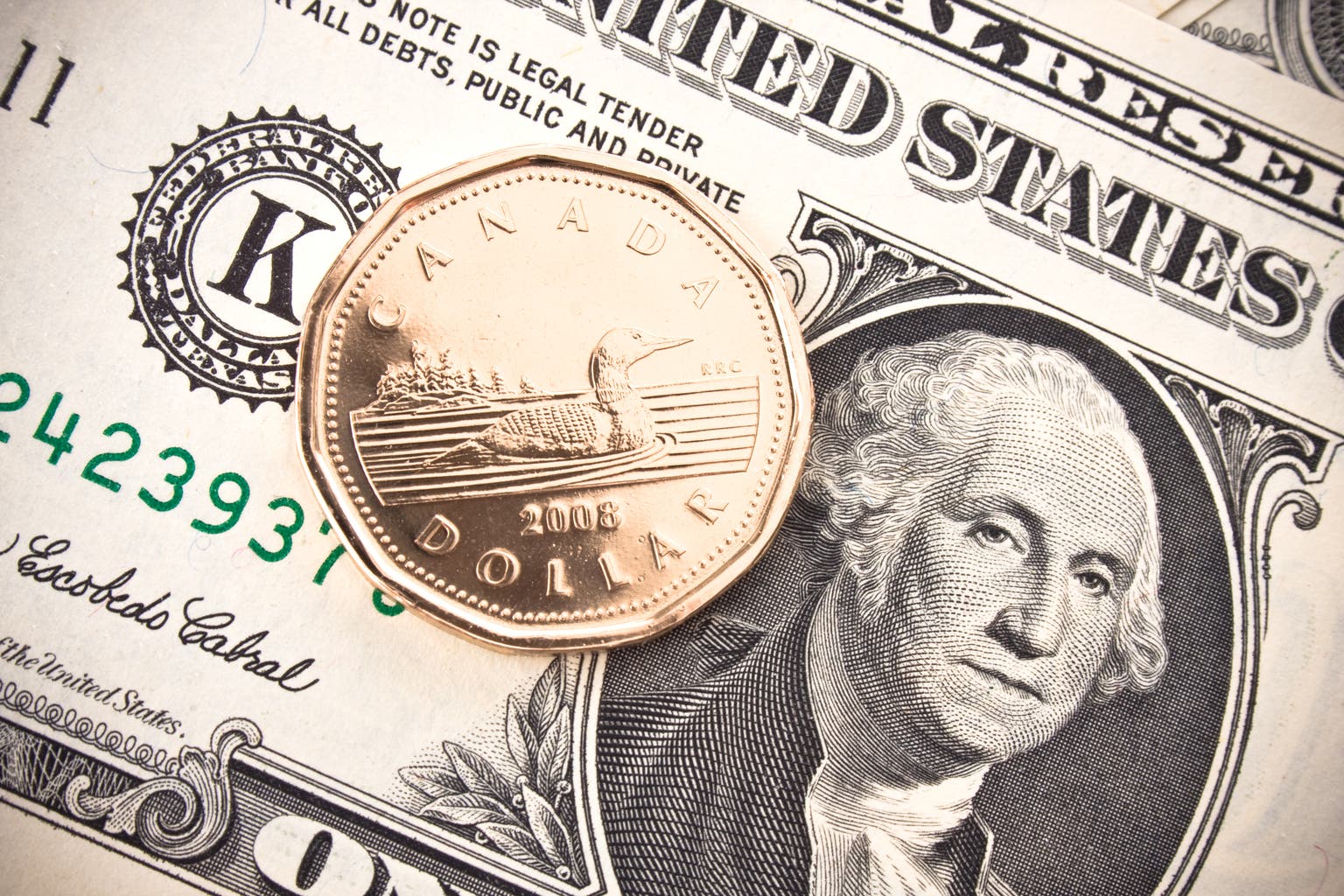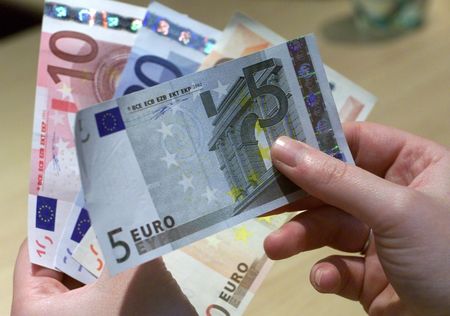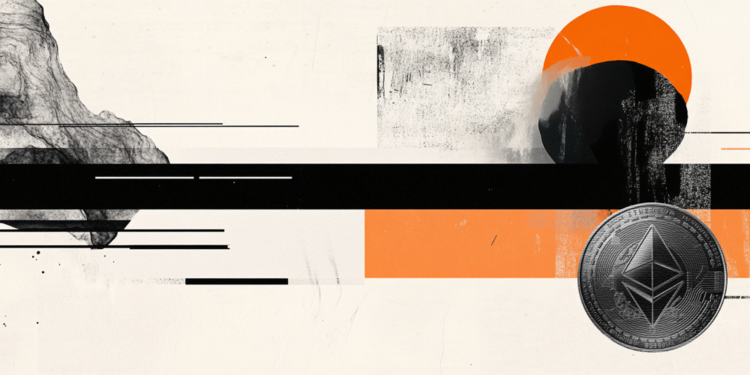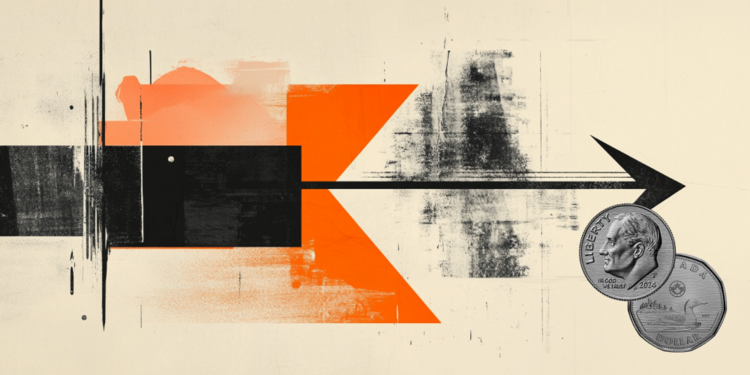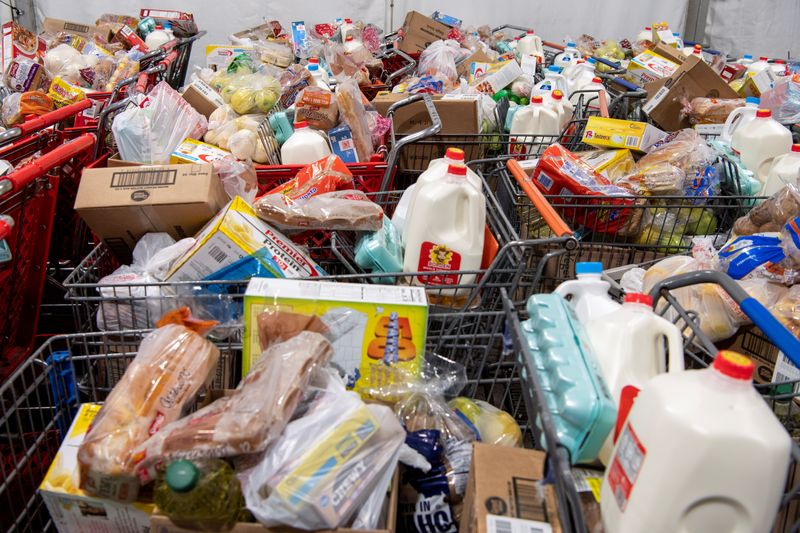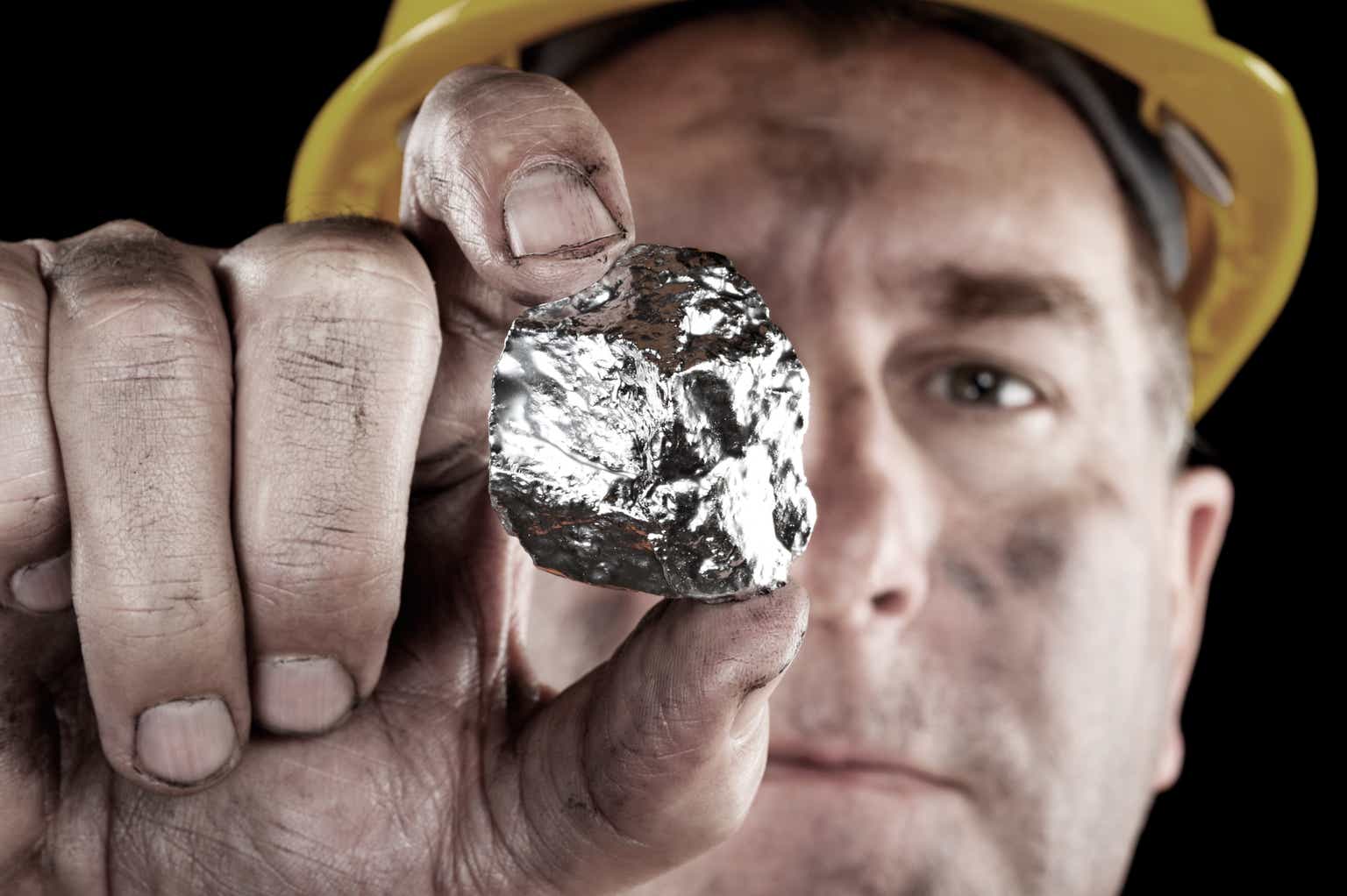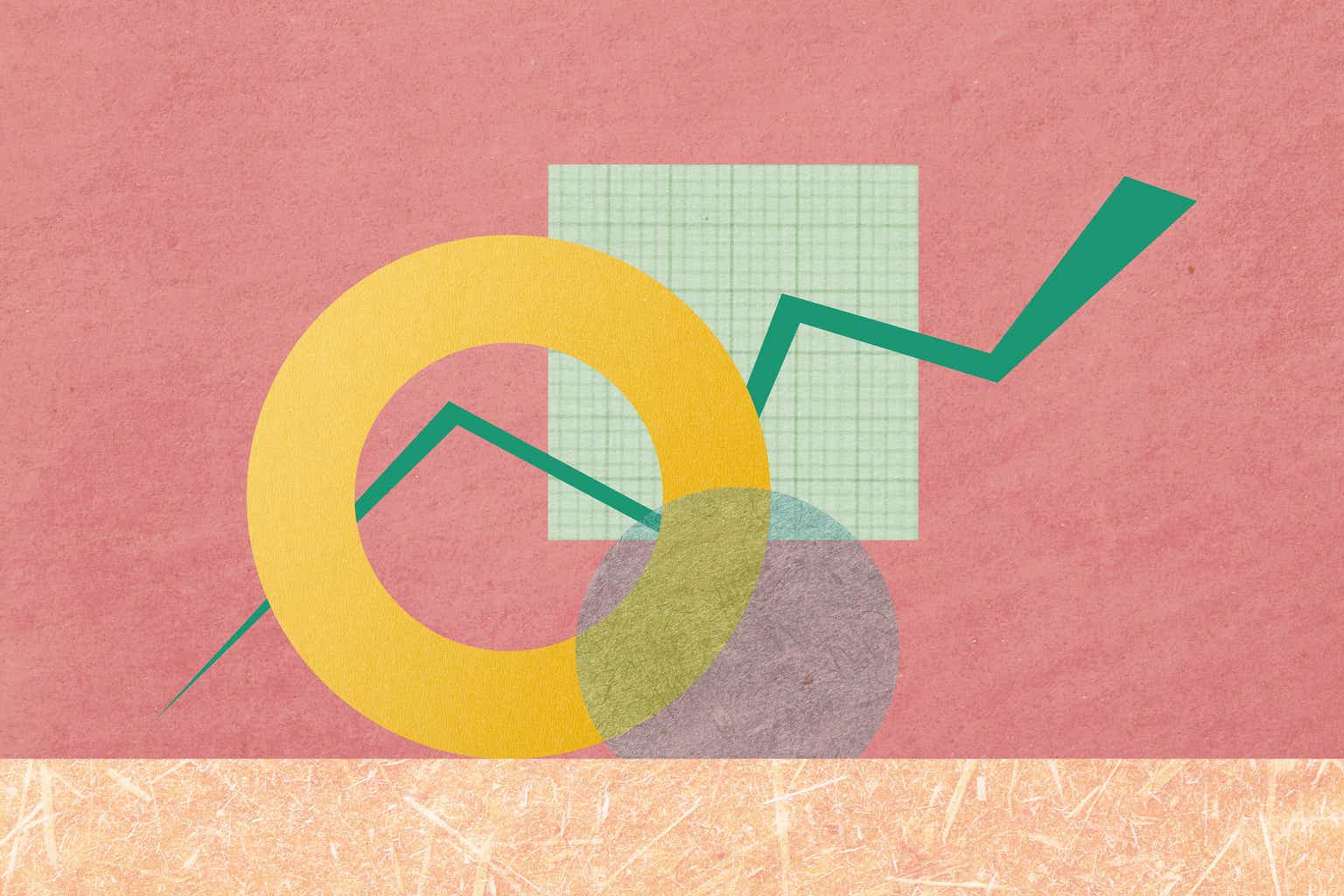Keurig Dr Pepper’s CEO drinks at least 300 milligrams of caffeine per day. Is that safe?
The Fortune 500 CEO is an avid caffeine consumer.

In a recent interview, Keurig Dr Pepper’s CEO Tim Cofer told Fortune that he always starts his day at 5:30 a.m. with a fresh cup of coffee. By 6:30 a.m., he’s already finished his second. At lunchtime, he likes to have a carbonated soft drink—which is often caffeinated—before shifting to an energy drink to keep him going during the afternoon.
“I’m a big coffee drinker. Seven days a week,” he said. He’s not alone; nearly 75% of Americans enjoy a cup of joe daily.
@fortune Keurig Dr Pepper CEO Tim Cofer told Fortune that he starts his mornings at 5:30 a.m. with a cup of coffee. #DrPepper #Keurig #soda #coffee #coffeetok #CEO #routine #leadership #success #energy #energydrink #caffeine #Fortune ♬ original sound – Fortune Magazine
While Cofer’s total caffeine intake would vary depending on what kind of soda and energy drink he’s reaching for, when you add it all up he’s likely hitting between 300 and 450 milligrams of caffeine per day. You might be thinking, “That’s a lot of caffeine.” But is it too much?
How much caffeine is too much?
Caffeine is a stimulant that naturally occurs in various plants, including coffee beans, cacao beans, kola nuts, tea leaves, and yerba mate. You feel energized from caffeine because it blocks the action of the chemical adenosine, which promotes calmness, relaxation, and sleepiness.
For most adults, 400 milligrams of caffeine—about two to three 12-ounce cups of coffee—a day is considered to be safe, according to the U.S. Food and Drug Administration. Too much caffeine, though, can lead to increased heart rate, heart palpitations, high blood pressure, insomnia, anxiety, nausea, headache, or the jitters.
Everyone varies widely as far as how sensitive they are to caffeine and how quickly it metabolizes and leaves their body. You’ll know if you’re on the more sensitive side of the spectrum if you notice a quicker heart rate or increased anxiety after consuming caffeine. Additionally, those who have heart conditions, take medication that elevates their heart rate, and tend to experience anxiety should likely try to avoid caffeine.
Caffeine may also disrupt sleep, especially if consumed later in the day. Registered dietitian Susan Kitchen told Fortune that she recommends people cut off caffeine by 10:00 a.m. (or a bit later, depending on when you go to sleep), as it takes roughly 12 hours for it to leave your system entirely.
While everyone should exercise caution when drinking caffeine, it does have some known health benefits. Recent studies have also shown it to be associated with a lower chance of diabetes and improved metabolism.
For more on caffeine:
- Caffeine could reduce body fat and cut diabetes risk, scientists say
- Do energy drinks come with health risks? An expert’s warning
- How late in the day can you drink coffee? What time you can have your last cup and still fall asleep at night
This story was originally featured on Fortune.com





